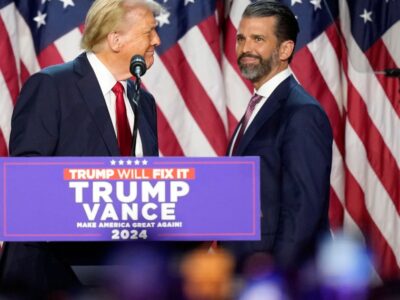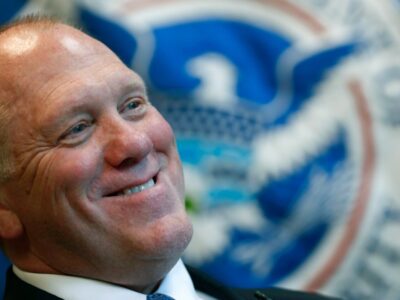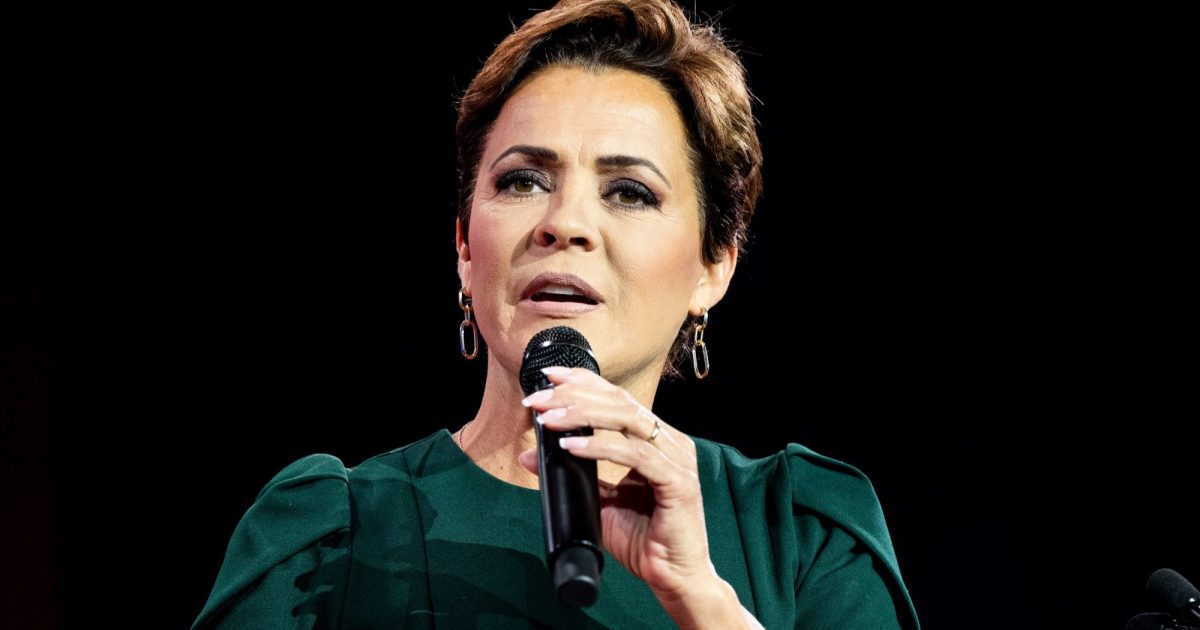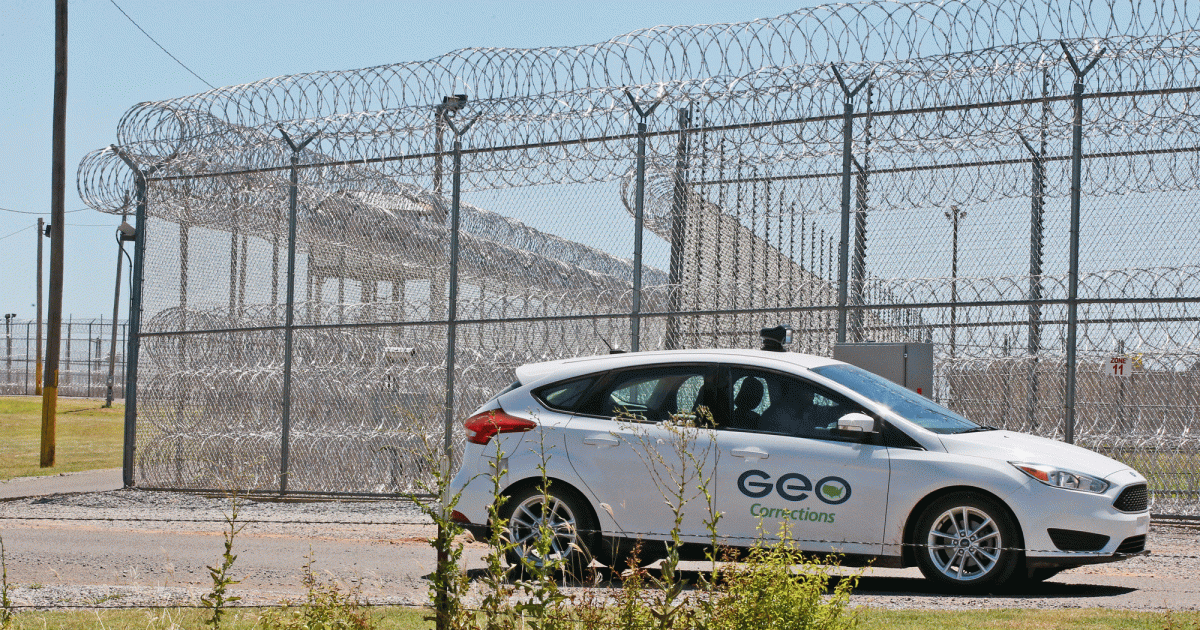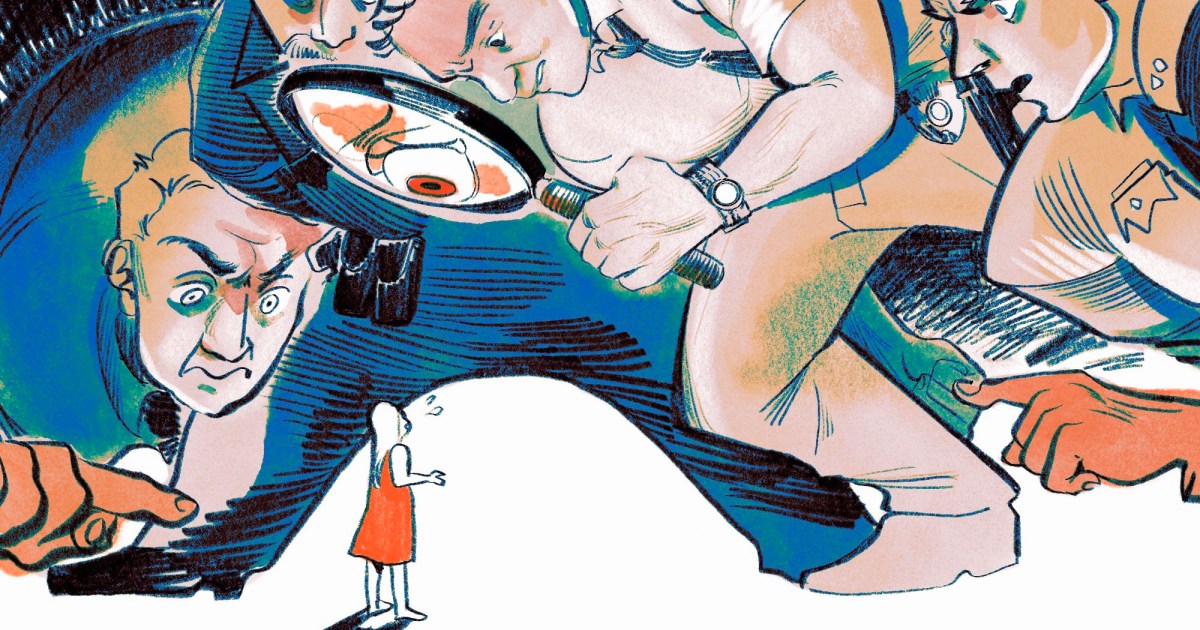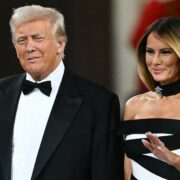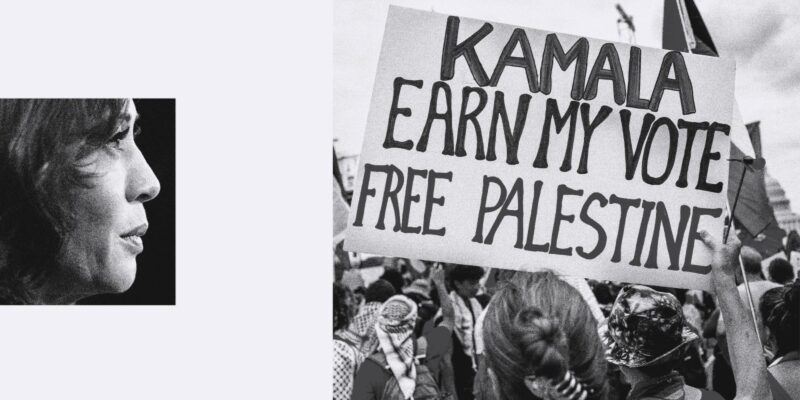
When President Joe Biden dropped out of the 2024 race on July 21 and subsequently endorsed Vice President Kamala Harris to lead the Democratic ticket, the rebrand was swift. No longer would the Democratic campaign be focused (almost entirely) around the proclamation that former President Donald Trump is a threat to democracy. Cute campaign-speech references to Bidenism—“malarkey” and “ice cream”—have already been forgotten.
But calling 78-year-old Trump “weird” and his GOP running mate, JD Vance, a “creep”? Paying homage to pop star Charli XCX’s new album, Brat, in online campaign materials? NYSNC singer Lance Bass joining a Harris TikTok video to say “Bye Bye Bye” to Trump in November? These tactics are all In. In. In.
The tone shifts indicate a younger, more internet-savvy candidate ascending as the party’s presumed nominee. Unlike 81-year-old Biden—whose 1942 birthdate is several years closer to Abraham Lincoln’s presidential inauguration in 1861 than his own in 2021—Harris has step-children in their 20s. She goes to Beyoncé concerts. Occasionally, she even talks about astrological signs (she’s a Libra).
More than just the sign of a changing regime, the campaign’s refreshed vernacular also indicates a reinvigorated commitment to courting young voters. So far, the 59-year-old veep seems to be gaining ground. A July Axios–Generation Lab poll showed a 7 percent bump—from 53 to 60 percent—among voters under 35 since Harris was moved up the ticket. On Friday, 17 youth organizing groups released a joint statement supporting Harris, calling her a “champion of reproductive freedom, climate action, economic justice, and gun violence prevention.”
Still, it’s far from a done deal that young voters—many of whom are frustrated by the current administration’s steadfast support of Israel’s military operations amid death and famine in Palestine—will actually show up to cast ballots in November. And it will take more than assembling celebrity cameos and embracing Gen Z jargon to win them over.
Harris needs to not only get young people to vote, but also excited enough to campaign for her.
“We care about a lot more than just memes,” says Lily Greenberg Call, a 26-year-old alumna of the Biden-Harris administration and 2020 campaign, as well as a former intern to Harris on Capitol Hill.
As I wrote in February, the politically involved youth who are most frustrated by the Biden-Harris administration are also the people who historically have done the miles of door-knocking and marathon sessions of text-blasting that Democrats rely on to get out the vote:
The political issue Biden faces in 2024 isn’t merely that young people might not feel compelled to vote for him. Young people—often childless and more able to take on low-paid or even unpaid entry-level campaign work with unconventional hours and an abrupt end date of November 6—might not feel motivated to campaign for him.
In a Saturday video address to Voters of Tomorrow, a political organization run by and for Gen Z, Harris acknowledged she has work to do.
“We know young voters will be key, and we know your vote can’t be taken for granted; it must be earned,” she said to the hundreds of teens and young twentysomethings gathered in Atlanta. “That’s exactly what we will do.”
When I spoke in February to a dozen young voters and campaign workers before Biden dropped out, they mostly expressed a “fractured” and “hopeless” malaise.
As I checked back in over the past few weeks, there is now a faint glimmer of hope in their voices. “I’m not feeling despair. Mostly concern…which is better…I think,” says Darcy Pollard, a 24-year-old former Biden 2020 campaign staffer who has since denounced Biden for his uncompromising commitment to Israel.
“Young people right now are cautiously optimistic about her, and we are watching carefully to see what she does and who she surrounds herself with,” says Santiago Mayer, the executive director of Voters of Tomorrow.
One of the most important choices for voters that Harris can make is who she will tap to join the ticket as her running mate.
“If she chooses someone who has been unsupportive of the pro-Palestine movement, that’s a strong communication to voters,” says Maryam Hassanein, 24, who used to work for the Biden administration’s Department of Interior before resigning in protest of America’s financial contributions to the war against Hamas that has displaced, injured, and killed thousands of Palestinians.
“I would be concerned if she picked someone who was supportive of the pretty intense police crackdown on non-violent protests,” says Greenberg Call, a Jewish American who wants Harris to use diplomatic leverage to push for Israel to initiate a permanent ceasefire and for Hamas to release the remaining Israeli hostages.
Last week, when Israeli Prime Minister Benjamin Netanyahu visited Washington, DC, by invitation of congressional Republicans, roughly half of Democratic lawmakers declined to hear him speak. (One Democratic contender for vice president, Sen. Mark Kelly of Arizona, attended the speech.) Harris met with the prime minister the next day, and had, in her words, a “frank and constructive” conversation with Netanyahu about the “dire” humanitarian circumstances in Gaza. Harris also denounced what she called “despicable acts by unpatriotic protestors” apparent at a pro-Palestine protest half a mile from the Capitol last week, in which activists burned American flags and graffitied a statue with references to Hamas.
Hassanein was pleased the vice president expressed sympathy for Palestinians, but was disappointed that, in her post-meeting statement, Harris “lacked naming Israel as bad actors, in terms of what they are doing in Gaza.”
The presumed Democratic nominee needs to be more explicit of her positions, Hassanein adds: “It’s not wise to just immediately back someone when we don’t know how she’ll stand on really important issues.”
“In the context of Israel and the genocide it’s carrying out on Palestinians,” says University of Arizona pro-Palestine student organizer Asani Fowler, “she hasn’t necessarily denounced Israel and she hasn’t said whether she’d continue to support them.”
It’s not just Israel-Palestine. Young people are also looking for Harris to lay out a platform of her explicit policy intentions to build on what the current administration has accomplished.
“If Kamala Harris wants to be taken seriously by Gen Z, she needs to show us she’s serious about protecting our futures,” 18-year-old Adah Crandall said in a statement after joining a 150-person protest outside Democratic National Committee headquarters in DC on Monday. “That means campaigning on investing in green schools and housing, protecting our air and water from polluters, and rapidly building an affordable and renewable energy system.”
“I don’t think that the campaign should think that they have it in the bag. There has to be some actual teeth, not just talk. She has to prove herself to a lot of coalitions within the party,” says Greenberg Call. “I feel optimistic that her team understands that more than Biden’s team did. But I am still cautious.”
To be sure, Harris for President is still in its nascency. While the Harris campaign has hosted a national organizing call with thousands of young people and launched a youth Discord channel, staff are still figuring out the complete strategy. (If the Harris campaign is reading this: Mike Nellis, who used to oversee digital strategy for Harris, tells me he’d love to see her on the popular YouTube show Hot Ones. “There are things that she can do that Donald Trump and Joe Biden could not do,” Nellis says.)
It will be complex for Harris to differentiate herself, too. She is still number two in command in the current White House; there’s an inherent pressure for her not to overstep Biden’s positions on foreign and domestic policy while he’s still her boss.
But the power dynamics are changing. And slowly, so are youth outlooks.
In February, when I asked Darcy Pollard how she felt when her peers reached out about the presidential election, she told me she did not have much to retort. Often, she would tell them, “I see where you’re coming from.”
Now, when Pollard gets a ping from friends about the election, she has more reason to be cheery.
“They’re not saying, ‘Darcy, I’m not voting.’ They’re saying, ‘Wait, should I vote?’” Pollard explains. “The conversation has changed.”



